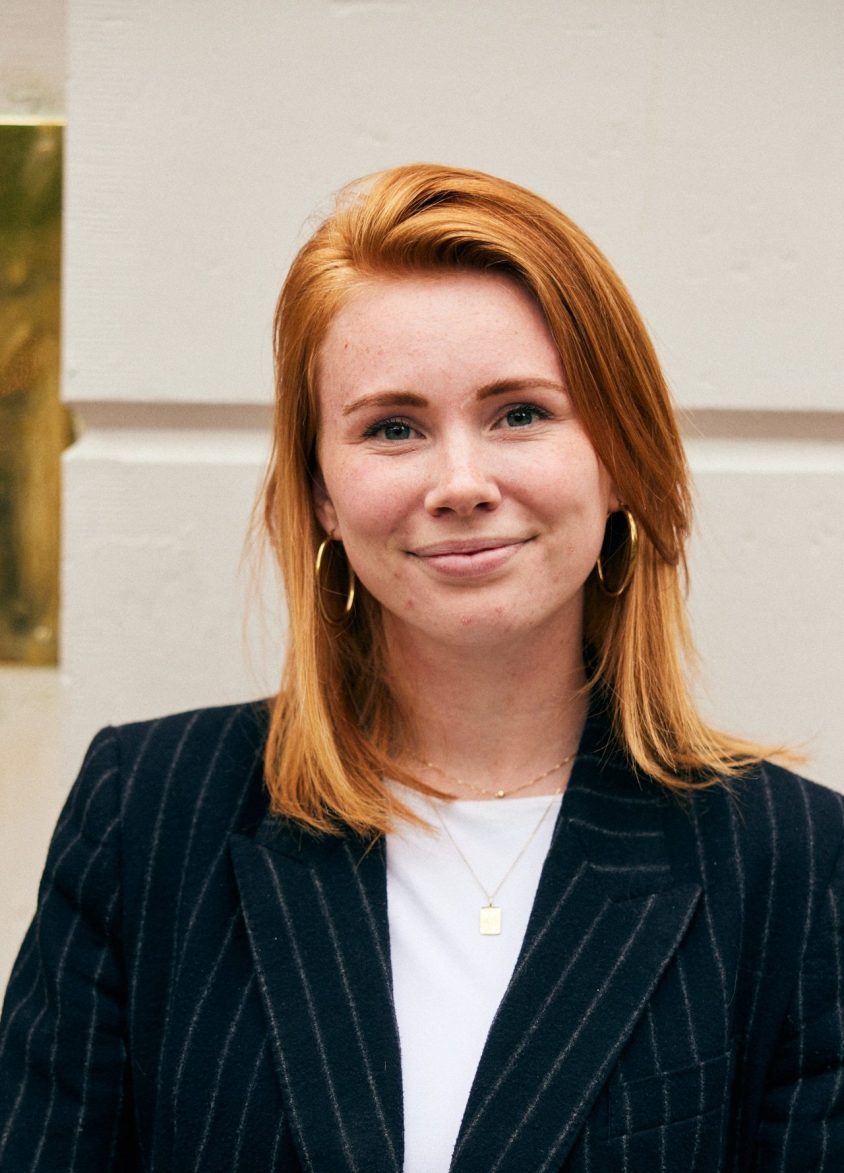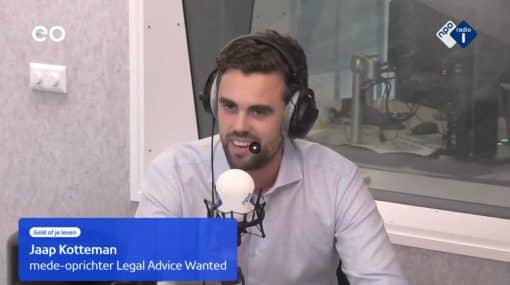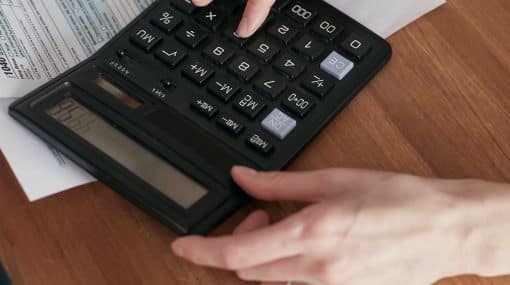L.A.W. successfully represents Van der Geest
The municipality of Amsterdam wrongly excludes students as a group from the one-time energy allowance for households with low incomes, according to the court.

Het Parool – Jesper Roele, 14 februari 2023
The municipality of Amsterdam wrongly excludes students as a group from the one-time energy allowance for households with low incomes, according to the court. The 24-year-old student Melle van der Geest challenged the municipality in court because he believed he was wrongly rejected for the energy allowance.
“The ruling does not mean that the student will receive the energy allowance,” the court said about Van der Geest’s individual case. “It is not clear whether the student meets the other conditions of the one-time energy allowance policy.” Within six weeks, the municipality must reconsider the student’s application.
During the court case, the municipality argued that students as a group are not comparable to the group living on a minimum income and, therefore, do not qualify for the one-time energy allowance of 1000 or 1800 euros.
However, the court finds that the group eligible for the energy allowance should be larger than just the minimum income group. Young people aged 21 and older who earn just above the minimum wage are also eligible for the allowance. According to the court, the situation of students and these minimum income recipients is comparable, and they should, therefore, be treated the same.
The municipality has also failed to demonstrate that paying the energy allowance to students would lead to overcompensation for that group, the court continues. Because students, like other applicants for the allowance, must meet more requirements than just an income requirement.
Amsterdam alderman Marjolein Moorman (Poverty) wrote a letter to The Hague in August stating that the municipality will not be able to arrange the energy allowance for students. There is not enough money for it, and there are not enough civil servants available to organize it.
The municipality says it has already provided the allowance to 72,000 households. The allowance has been granted to 14,000 families upon request. The municipality warned during the hearing: if even a part of the 41,000 students applies for the allowance, “we will be busy for a while.”
But according to the court, that argument is “insufficiently motivated.” The municipality has not been able to substantiate that the “implementation is practically unattainable.” Also, the “individual special assistance” is not an alternative for students, as the municipality claimed, because stricter conditions apply.
Van der Geest says he is “very happy.” “It is a very clear ruling,” he says. “The municipality is not allowed to make a distinction according to the court, and they also find the alternative via individual assistance not a good solution.”
“The municipality must now simply process my application and see if I get the allowance,” he says. “Then I am no longer excluded because I am a student, but the requirements are considered. For example, my income. With this, I now get equal treatment, just like everyone else.”
Whether the court’s decision now means that all students in Amsterdam can apply for energy allowance immediately is unknown. In Nijmegen, where the municipality lost a court case to a student over the energy allowance in August, students have been entitled to the allowance since then.
Because it is a ruling in administrative law, no precedent has been set. However, the ASVA Student Union indicates that more than five hundred students have already contacted them, willing to go to court.
The municipality says it is studying the ruling and considering the next steps.
Gerelateerde Actualiteiten
Let us know how we can help. We are ready for you.



